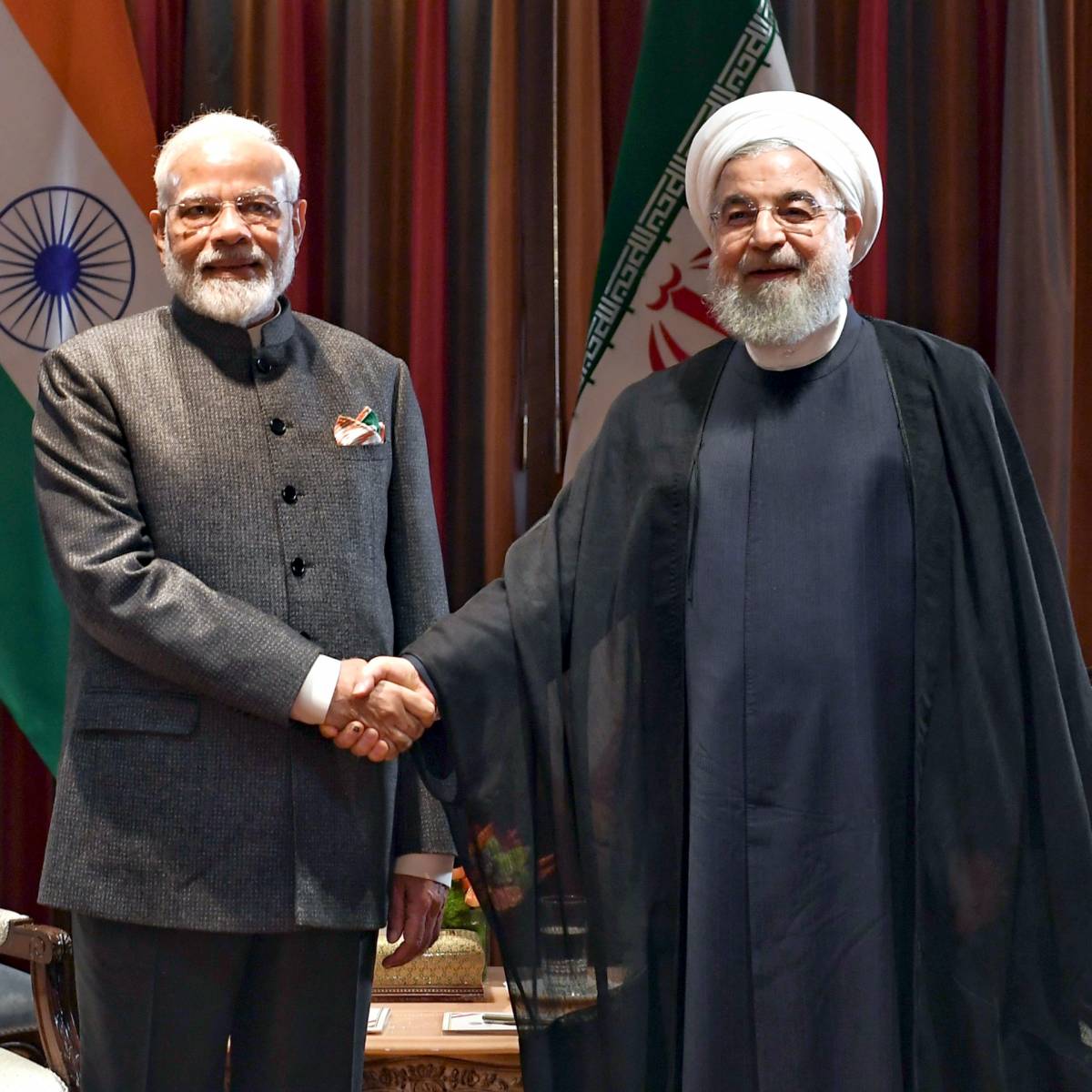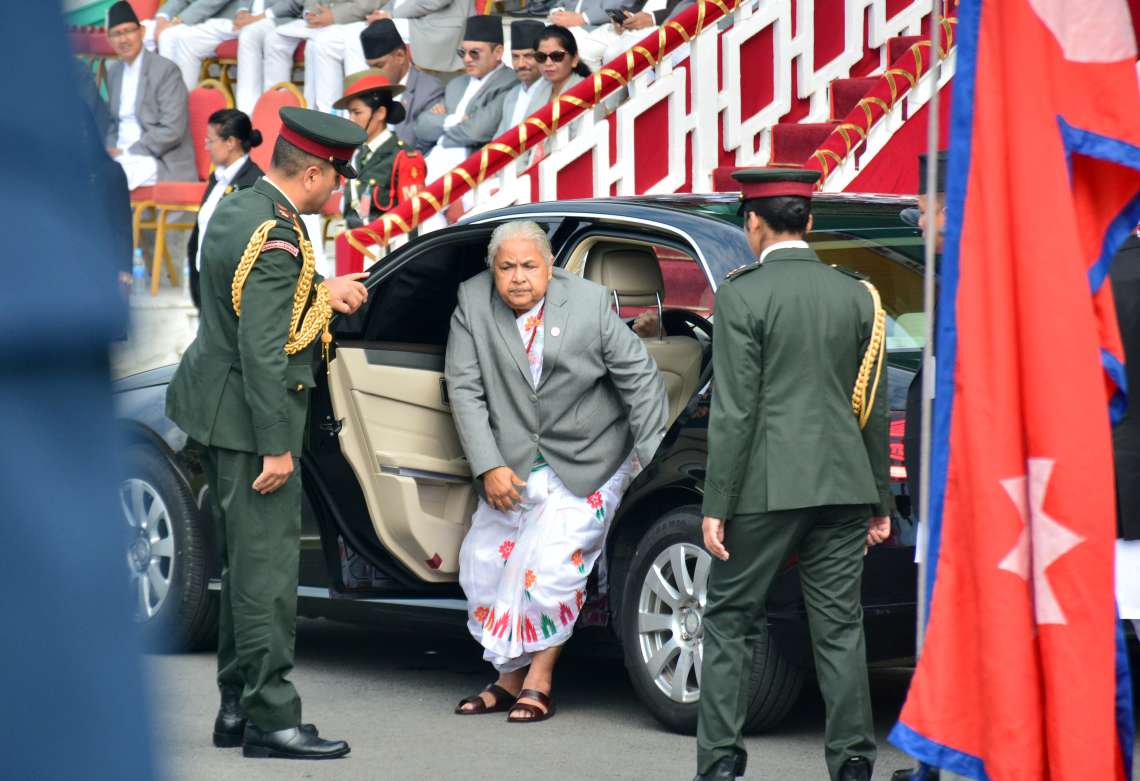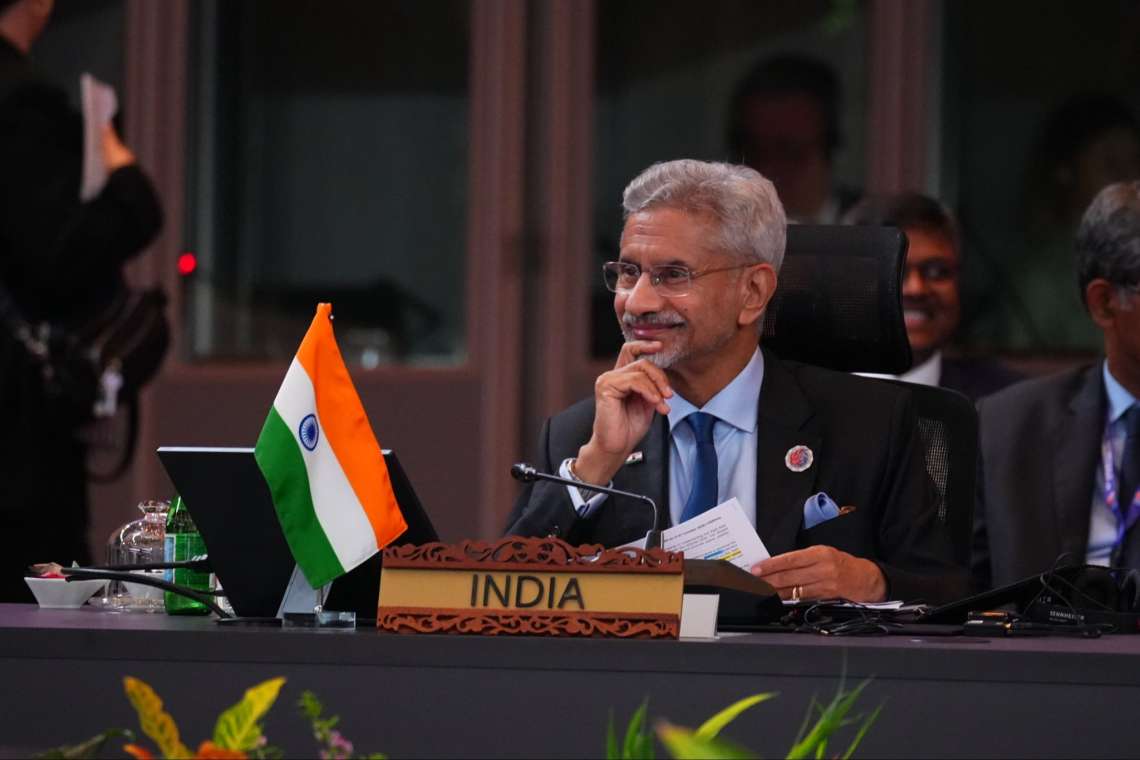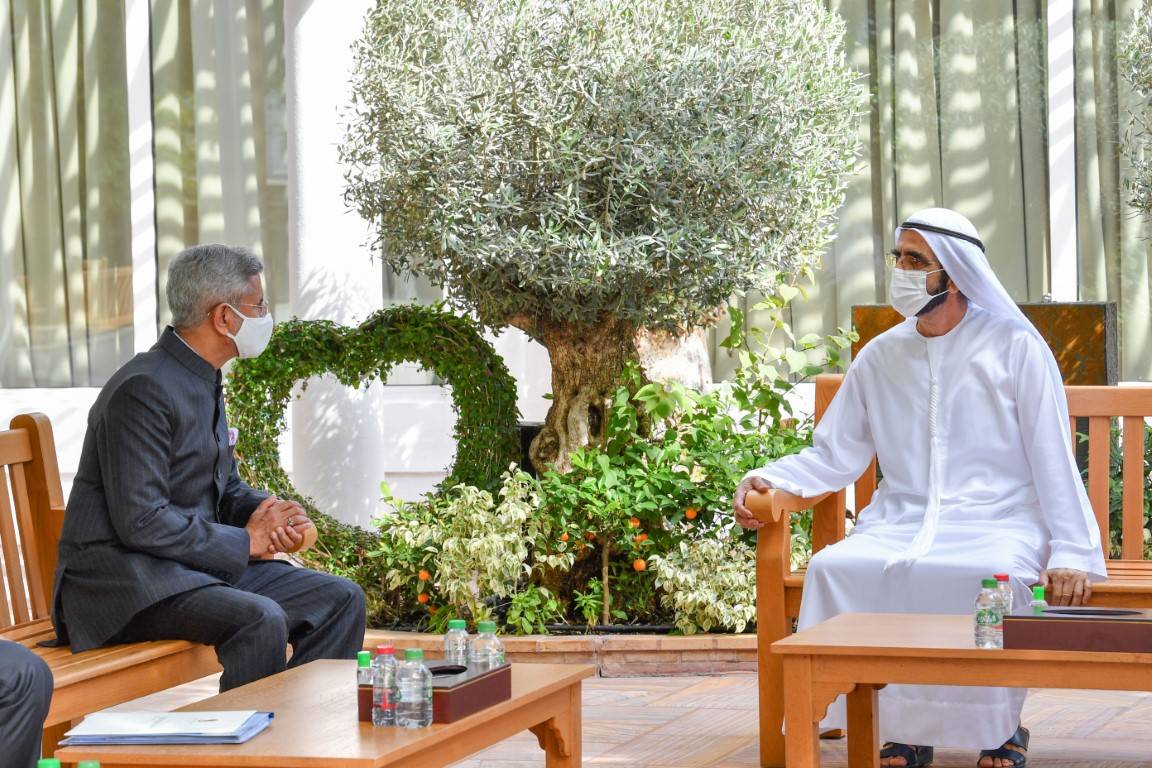Both Russia and Iran have already partnered with India to establish new trade routes that exclude China. India’s much required Eurasian pivot can take wings with New Delhi’s deeper commitment to the Iranian port of Chabahar, which starts from Mumbai and heads to Afghanistan, en route to the heart of Central Asia…reports Asian Lite News
Tired and broken, the United States has announced its unceremonious exit from Afghanistan. The decision, in many ways, is a throwback to a similar moment in recent history—the pullback of the Soviet forces from the strife torn nation after Moscow’s ill-fated intervention in Afghanistan in 1979. The Soviet Union was then a superpower, although ailing, when it decided to move forces across the Hai ratan bridge now in Uzbekistan, only to face defeat in a country which has been well described as the “graveyard of empires”.
After President Joe Biden’s announcement of pulling out of Afghanistan by September 11, the US forces would be scurrying back to the mainland, without achieving most of their mission objectives as announced after the collapse of the twin towers in 2001. After the 9/11 terror attacks, the US had ousted Afghanistan’s Taliban rulers, who were fully backed by Pakistan’s Inter-Services Intelligence. During their rule, the Taliban had sheltered the worst of the international terror groups in Afghanistan, headed by Al Qaeda.
But after 20 years of western intervention, and after copious drain of blood and treasure, the Taliban are back, now lying-in wait to make a full-fledged comeback in the badlands of the AfPak. And over the years, the Taliban have not severed their links with Al Qaeda and ISIS and ISKP, AQIS and the Haqqani Network.
With the exit of the western forces, regional powers in Afghanistan’s periphery are set to fill the vacuum left behind by the vanquished western nations.
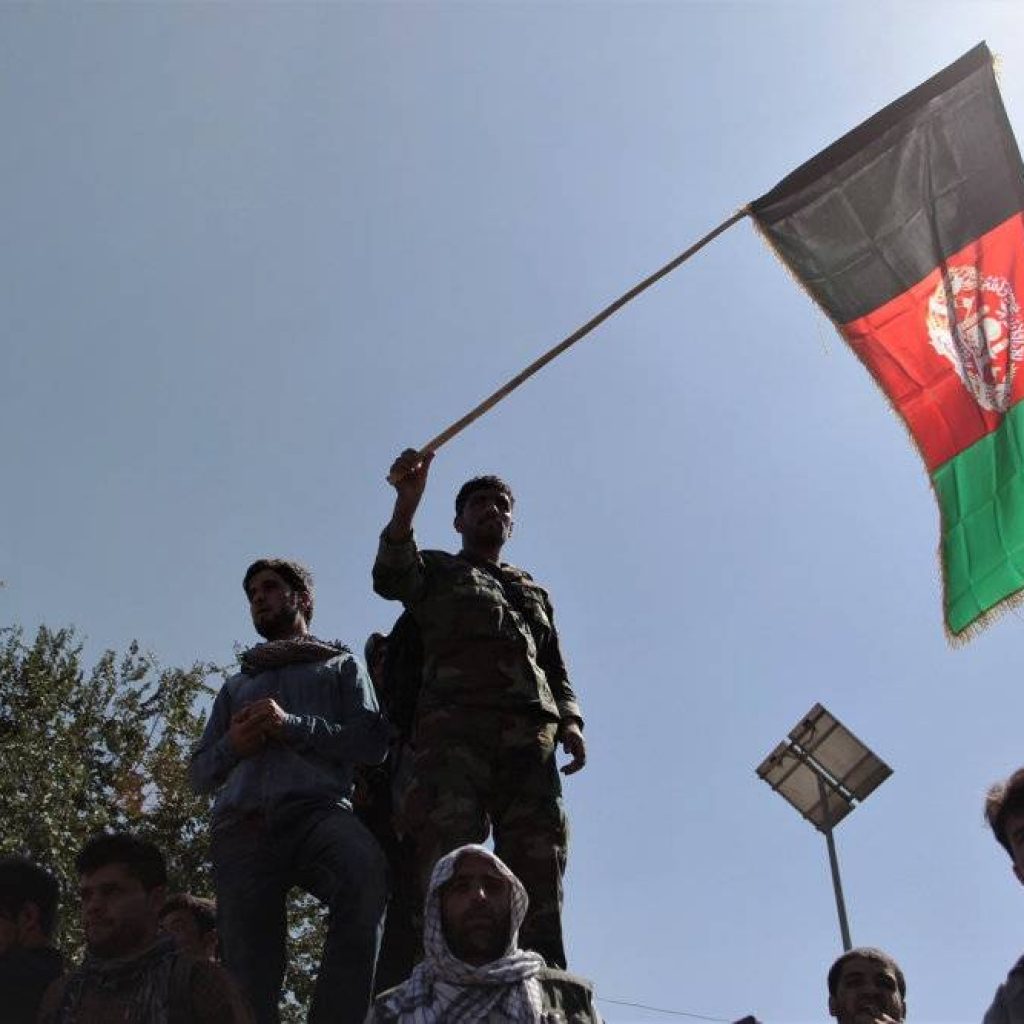
Acknowledging defeat, US President Joe Biden has personally pleaded for the regional countries to script Afghanistan’s post-withdrawal future. “We’ll ask other countries, other countries in the region, to do more to support Afghanistan, especially Pakistan, as well as Russia, China, India, and Turkey. They all have a significant stake in the stable future for Afghanistan,” Biden said in his major speech announcing the closure of another infamous chapter in Afghanistan.
As regional powers realign ahead of the departure of western forces, what are India’s options that would enable New Delhi to protect its core interests?
Also read:Vax Shortages Hit China
Despite the overhang of regional powers over Afghanistan, it is important to note that there are significant fault lines among the local powers that will be in play once the Americans leave.
Among the regional powers, a new power cluster comprising China-Pakistan-Turkey is emerging which is working closely to exercise dominance inside Afghanistan.
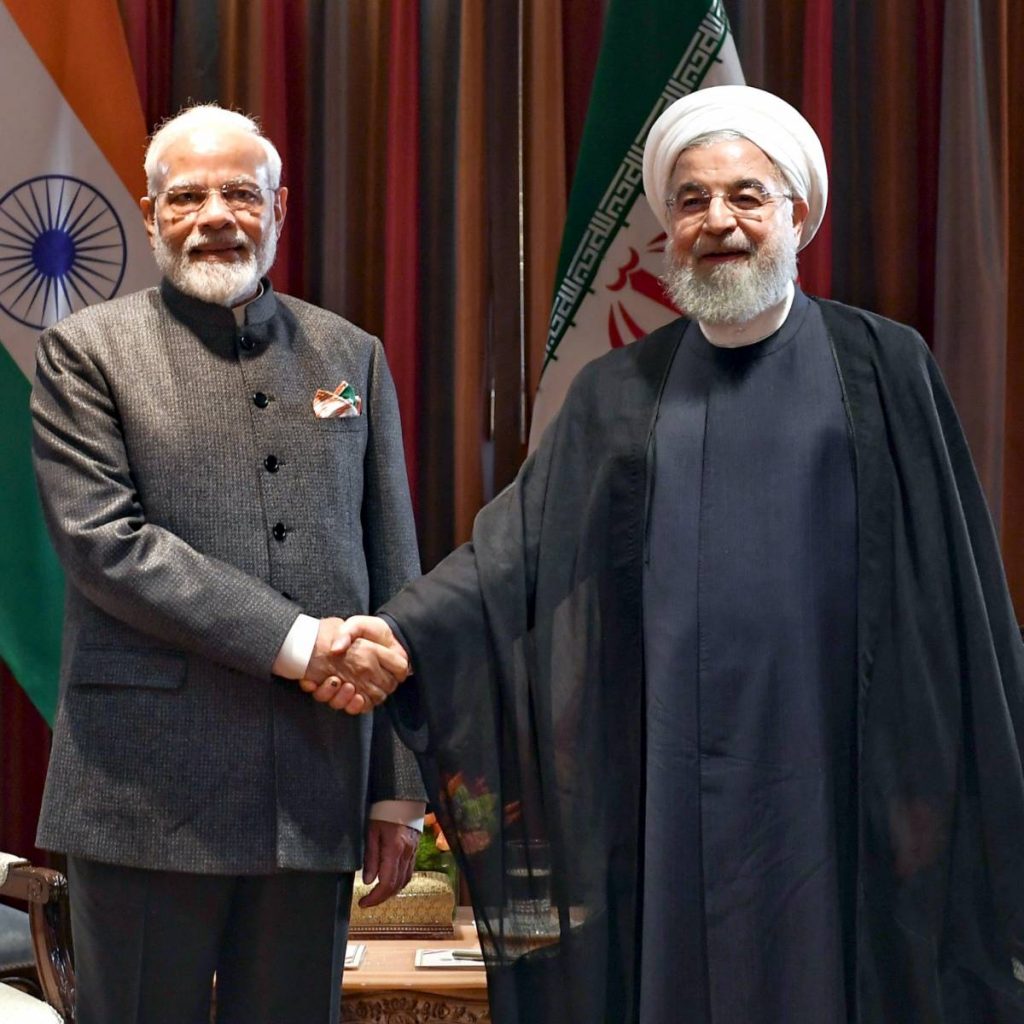
As reported earlier by India Narrative, it is in Afghanistan that interests of Turkey, Pakistan, and China strongly converge. For Turkey, an entrenchment in Afghanistan will turn Kabul into a springboard for forays into broader Central Asia — a resource rich region with which Ankara shares deep seated cultural and linguistic ties.
For Pakistan, Turkey’s assistance is badly needed to re-acquire its “strategic depth” to counter India and Iran, and to seal a security threat from across the Durand Line.
For China, tighter control will allow the extension of the China Pakistan Economic Corridor (CPEC), to access Afghanistan’s resources including lithium, the feedstock of Beijing’s electric car revolution. It would also help prevent the seepage of Islamic extremists from Afghanistan into the Wakhan corridor, and help prevent the destabilisation of China’s strategic Xinjiang region.
As regional powers realign ahead of the departure of western forces, what are India’s options that would enable New Delhi to protect its core interests?
For starters, India has to quickly and fundamentally readjust its strategic prism and look afresh at Afghanistan and its neighbourhood. With the US virtually out of the equation, New Delhi has no option but to find a powerful niche within the ambit of divided regional powers. For India, the key would be to re-bond with Russia and Iran, both regional powers and deep civilizational states, wedded to multipolarity.
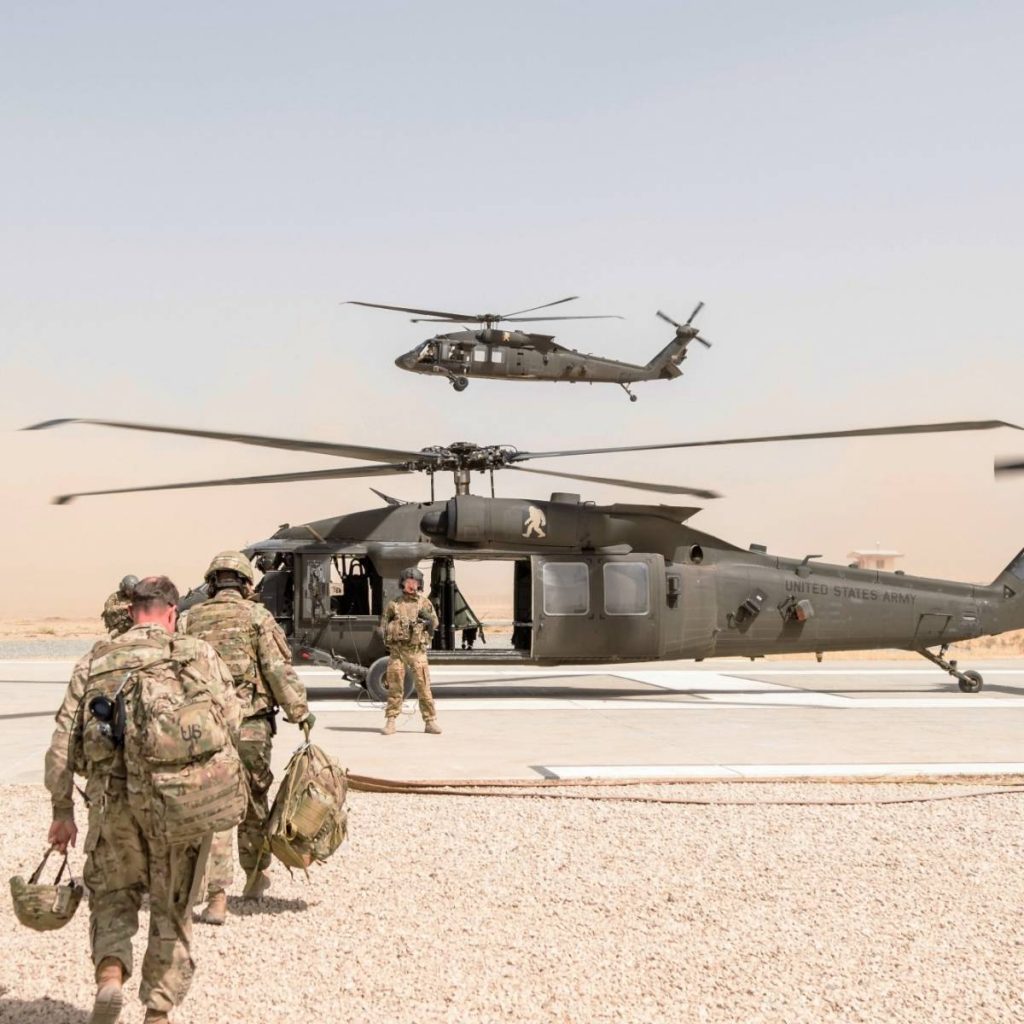
While both countries have forged strong strategic ties with China, perceptible watchers of the region are fully aware that this was done not out of choice but out of compulsion. The imposition of crippling sanctions, in violation of the Iran nuclear deal of 2015, turned the Iranians away from the Europeans, their natural partners, in the direction of China. But becoming a satellite of China, is simply not in the Persian civilization’s DNA. Consequently, the Iranians are bound to welcome the reforging of a historic relationship with Russia and India to balance their ties with China. Both Russia and Iran have already partnered with India to establish new trade routes that exclude China. India’s much required Eurasian pivot can take wings with New Delhi’s deeper commitment to the Iranian port of Chabahar, which starts from Mumbai and heads to Afghanistan, en route to the heart of Central Asia.
Also read:India, China agree to resolve outstanding issues
Russia too will welcome a further deepening of a time-tested strategic relationship with India. Despite their close ties with China, the Russians are banking on the Eurasian Economic Union (EEU), which excludes China as the framework to re-stablish their influence in Central Asia, Caucasia and the Slavic core of Central Europe. India fits into this script perfectly. Keen to stem overwhelming Chinese influence in Central Asia, Russia along with Iran is inviting India to join new pan-Eurasian trade routes outside the framework of China’s Belt and Road Initiative (BRI).
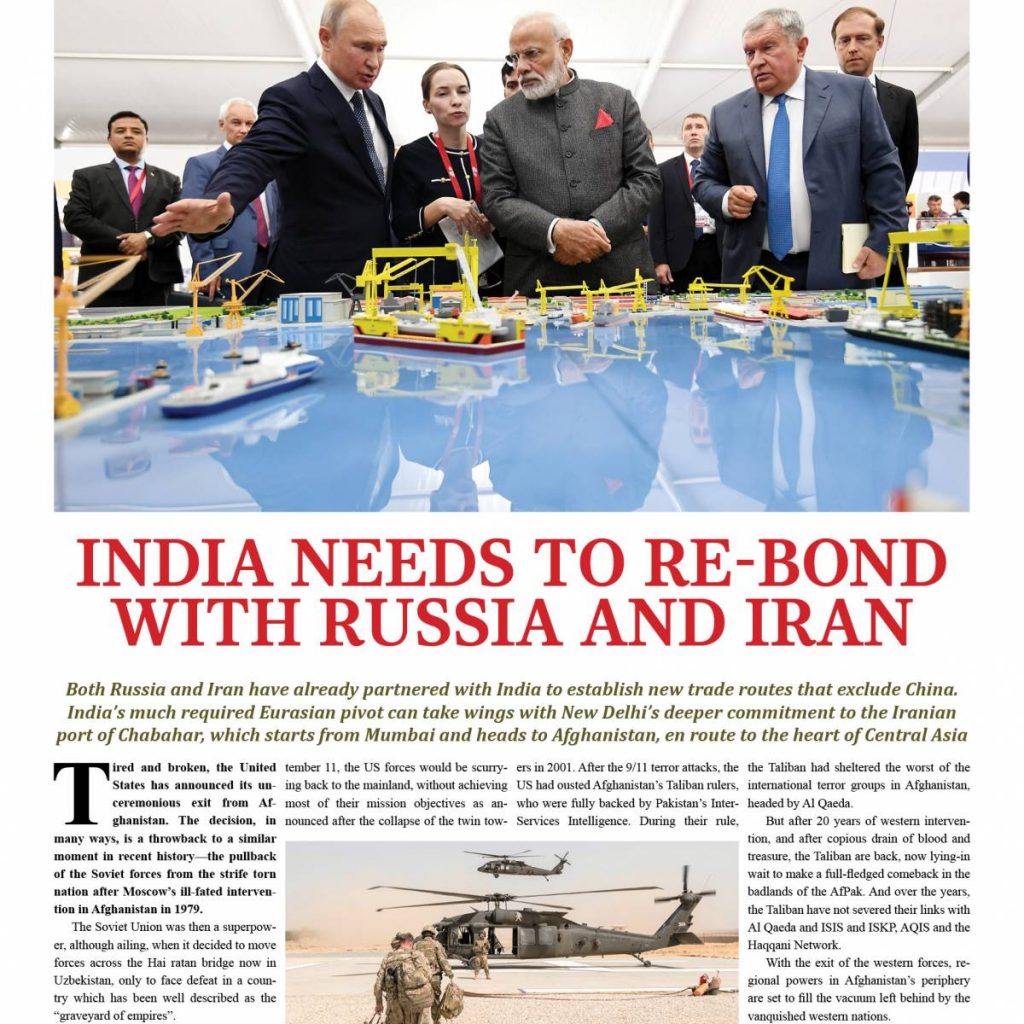
Fully aware of the region’s inner dynamics, External Affairs Minister S. Jaishankar last month called for the integration of the Chabahar route with the International North South Transport Corridor (INSTC), which passes through Iran, Russia, and then threads through Caucasia towards the Black Sea coast, as a pan-Eurasian undertaking minus China.
In 2001, India, Iran and Russia held extensive consultations in Dushanbe, Tajikistan’s capital to forge a pan-Eurasian response to address the fluidity of the post-9/11 situation in Afghanistan. Building on its “strategic autonomy” doctrine, and with Tehran and Moscow as the constants, it is not impossible for India to regain its centrality among the regional powers that are rushing in to fill the vacuum in Afghanistan ahead of the US withdrawal from Kabul.
(This content is being carried under an arrangement with indianarrative.com)
Also read:The new US strategy to edge out China


